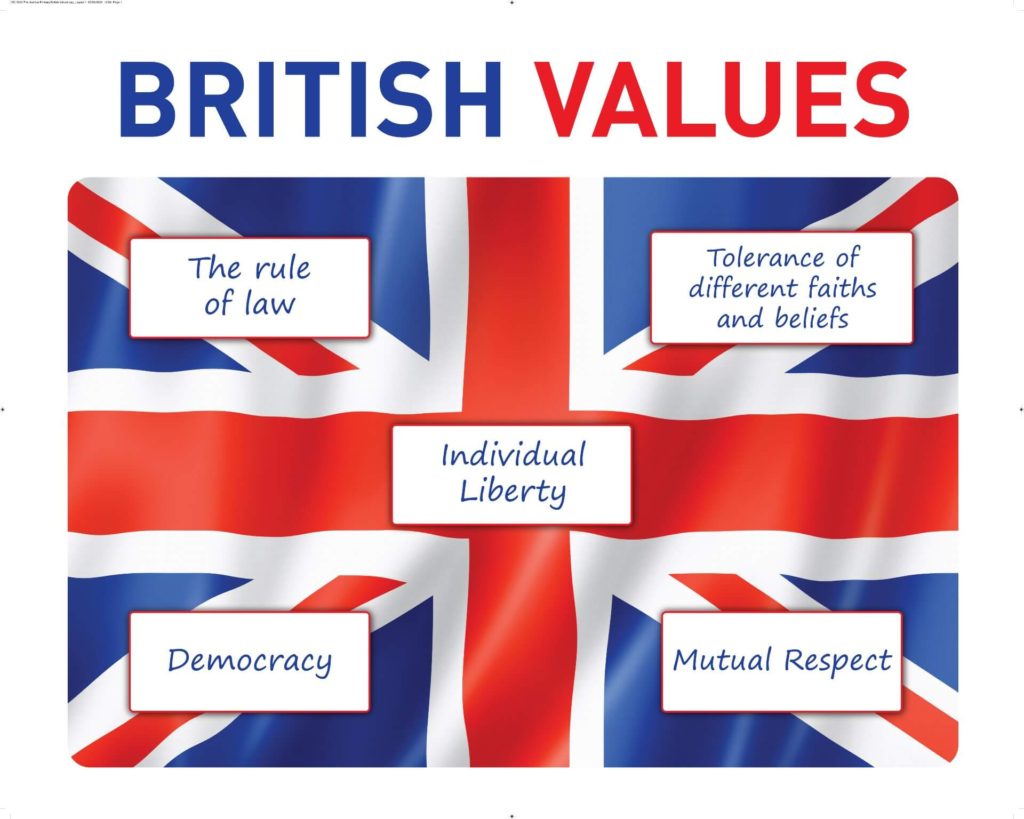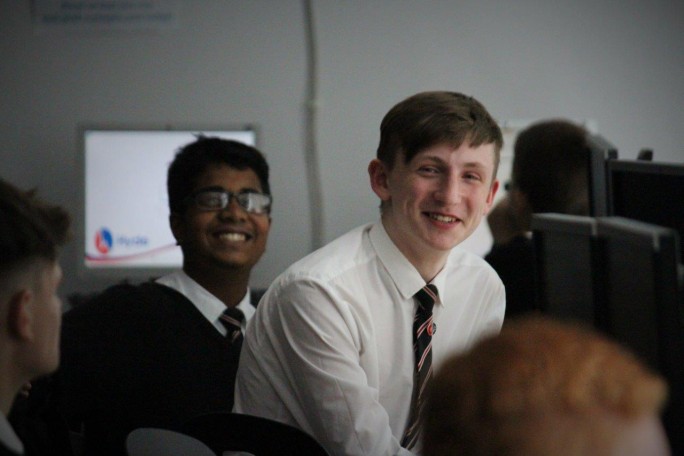Citizenship/British Values
Citizenship & British Values
Rationale:
Hyde High School has one of the lowest NEET (Not in Education, Employment or Training) figures in Tameside, the NEET figures have also been consistently low over the last 10 years. High numbers of our students progress onto Further Education and employment and play an active part in society as a result. This is in part due to a coherent citizenship programme which develops the student’s knowledge and understanding of how the UK is governed and how laws are upheld. Students also leave Hyde with the knowledge of how local communities function and the role of public institutions in improving communities. The school encourages students to play a positive role in contributing to the life of the school and the local community. In the past the school has also been awarded the intermediate level for international citizenship.

Aims
- To provide students with the knowledge, awareness and skills in order to play an effective role within the school community and in society both locally and nationally.
- To develop our students into well informed, thoughtful and responsible citizens who aware of their rights and responsibilities and those of others.
- To promote the spiritual, moral, social and cultural development of our students and their self-confidence and resilience.
- To encourage responsible behaviour.
- To develop students debating skills and to be able to express their own views on public institutions within the UK.
- To encourage students to take an active role in their own personal development.

Curriculum
Year 7 - Rules, fairness, rights and responsibilities
- The school community
- Rules and applying them
- What rights should children have?
- Our responsibilities
- Having a voice
- Taking part in a debate
- Communities and identities
- Living together
- How can communities get along better?
- Community service
- Active citizenship
- Can you change anything project?
Year 8 - Laws and the justice system
- Laws and the justice system
- Youth Crime
- Rights and the police
- Young offenders
- The Youth Court
- Sentencing
- Inside a young offenders institution
- Adult courts
- Punishment
- Democracy and freedom
- Conflicting rights
- Freedom of the press
- Who is watching you?
- The right to protest
- The right to education
Year 9 - Parliamentary democracy
- The history of parliament and democracy
- The role of the monarch in the UK
- Developing arguing skills
- Is it time for the monarch to change?
- How does parliamentary democracy work?
- Political parties
- Political parties in the UK
- How do you become an MP?
- What does an MP do?
- Should 16 - year olds be given the vote?
- What happened in the House of Commons?
- How are laws made?
- The House of Lords
- Influencing government
KS4 and Cross Curricular
KS4:
All students in KS4 study British Values, which
covers the following units:
- Democracy
- The rule of law
- Individual liberty
- Mutual respect and tolerance
- Extremism
- Radicalisation
Additionally, all students at Hyde study RE as part of the core curriculum (Eduqas). The RE curriculum
includes the following citizenship themes:
- Prejudice and discrimination
- Freedom of expression
- Social justice
- Radicalisation
- Community cohesion
- Charity and the role of public institutions
- Aims of punishment
- Prison reform
Cross Curricular:
Mapping across the curriculum has been carried out to link statutory guidelines in all relevant subject areas.
Extra- curricular:
Active citizenship is evident through many initiatives run by the student leadership team the most recent being the COVID food banks appeal. The student leadership team is elected via a democratic process with various remits. Each member of the leadership teams arranged a legacy project ‘that will make the school a better place in the future’. Projects include recycling in school – ‘take it home’ mental health, cultural awareness and student health issues. Students across school vote for which charities the school will support and last year these included Amnesty International, Children in Need and Comic relief. Students continue to fund raise for a range of causes, most recently being the COVID food banks appeal and Amnesty International. The student leadership team runs various projects and initiatives including environmental campaigns, keeping students healthy, anti-bullying and tolerance. Members of our student leadership teams were also in attendance at the Tameside student summit in November. A new debating society has been introduced in order to develop students' evaluative and analysis skills and to provide opportunities for open discussion on a range of issues.